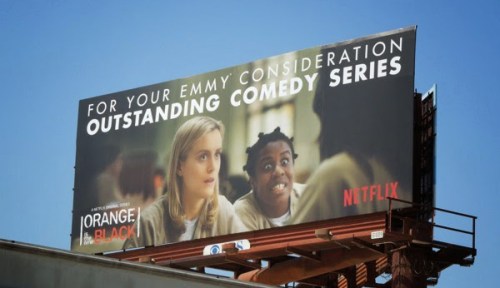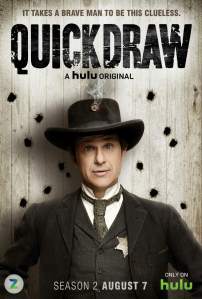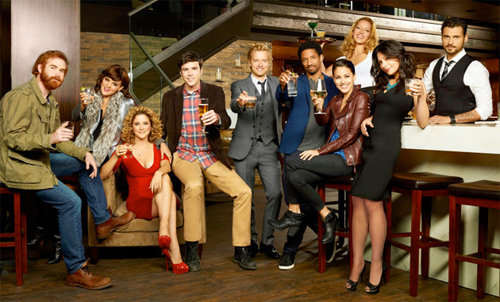Orange is the New Black competed as a Comedy at the 2014 Writer’s Guild Awards. It then competed as a Drama at the 2014 Screen Actors Guild and Golden Globe Awards. It then competed as a Comedy at the Critics’ Choice Television Awards and the 2014 Emmy Awards, before eventually winning its first major awards at the 2015 Screen Actors Guild awards competing as a Comedy.
This happened because the system allowed it to. Regardless of whether or not we believe Orange is the New Black is a drama or a comedy, the distinction was more or less up to Netflix, who consciously positioned it as a comedy in part to reduce competition with its other major awards contender, House of Cards. I would argue the show is unequivocally structured as a dramatic series, but that didn’t matter, because the system has no qualitative measure to change this. Over this same period, Showtime’s Shameless made a similar switch late in its run, petitioning to become a comedy (and earning William H. Macy an Emmy nomination and Screen Actors Guild win in the process); Gilmore Girls did the same late in its run, trying desperately but failing to earn Lauren Graham a nomination.
I feel pretty safe in saying that Orange is the New Black and its “category fraud” are the impetus behind an Academy rule change announced today that labels half-hour series as comedies and hour-long series as dramas. While Shameless’ category switch is likely a contributing factor, I feel comfortable calling this the Orange is the New Black rule, directly targeting a series that I would tend to agree is committing category fraud based on the objective facts of the show itself.
















